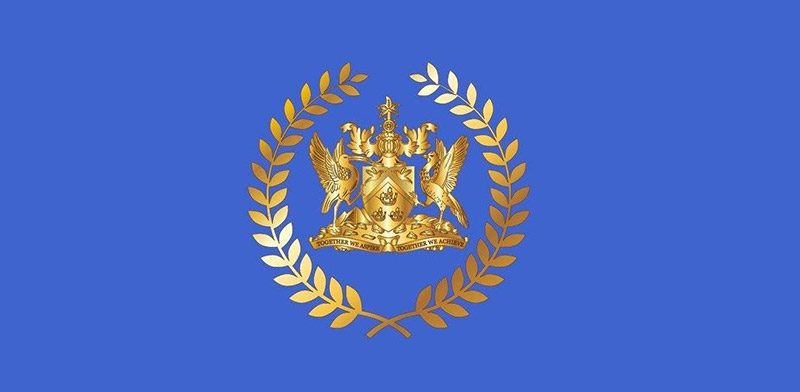Emancipation Day presents the opportunity for both celebration and contemplation. We rejoice in the liberation of enslaved Africans from the cruel chains of bondage while also acknowledging their painful experiences and reflecting on their long, bitter road to freedom.
Emancipation was not easily attained; it was a harrowing and hard-fought struggle. The Slavery Abolition Act, 1833 was passed after centuries of resistance from within and without the oppressive system of African enslavement. Even as the Act came into force on 1 August 1834, freedom was not secured until 1838, when the four-year ‘apprenticeship’ period came to an end.
As we mark the 187th anniversary of the close of this heinous chapter of human history, we ask ourselves whether we have learned its salutary lessons and whether the well-documented tribulations of our ancestors have resulted in discernible changes in the worldview, attitudes and behaviours of our citizens today.
The enslaved fought for their right to determine and forge their own identity and destiny, a right denied them during their lifetime of servitude. They sought to be treated with respect, fairness and equality and to live in dignity and security. We, their successors, should settle for nothing less.
Their efforts to obtain their liberty should produce in all of us a strong desire to shed modern-day shackles and adopt their hope, vision, fearlessness and resilience. I am reminded of the words of Pan-African leader Marcus Garvey, “We are going to emancipate ourselves from mental slavery, because whilst others might free the body, none but ourselves can free the mind.”
In our contemporary context, freedom is synonymous with a rejection of wilful ignorance, irresponsible behaviour, intolerance and the attitudes which diminish the importance of education, discipline and adherence to social mores. If we are to do justice to the memory and legacy of the enslaved, we must treat our fellow countrymen with respect and consideration, keep abreast of current affairs, play a role in the political process and engage in the activism that was cruelly denied our forebears.
Trinidad and Tobago takes pride in being the first nation in the world to commemorate officially the end of chattel slavery but none can argue that we are not still on the journey to full emancipation. Let us build upon and complete the foundation laid by those early freedom fighters and, with boundless faith in our destiny, create a future worthy of their struggle and sacrifice.
I extend to the entire national community a safe, happy and reflective Emancipation Day.



